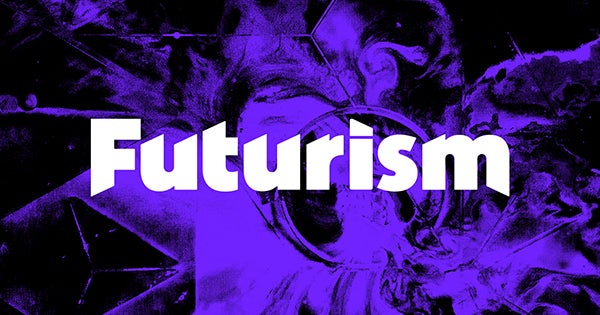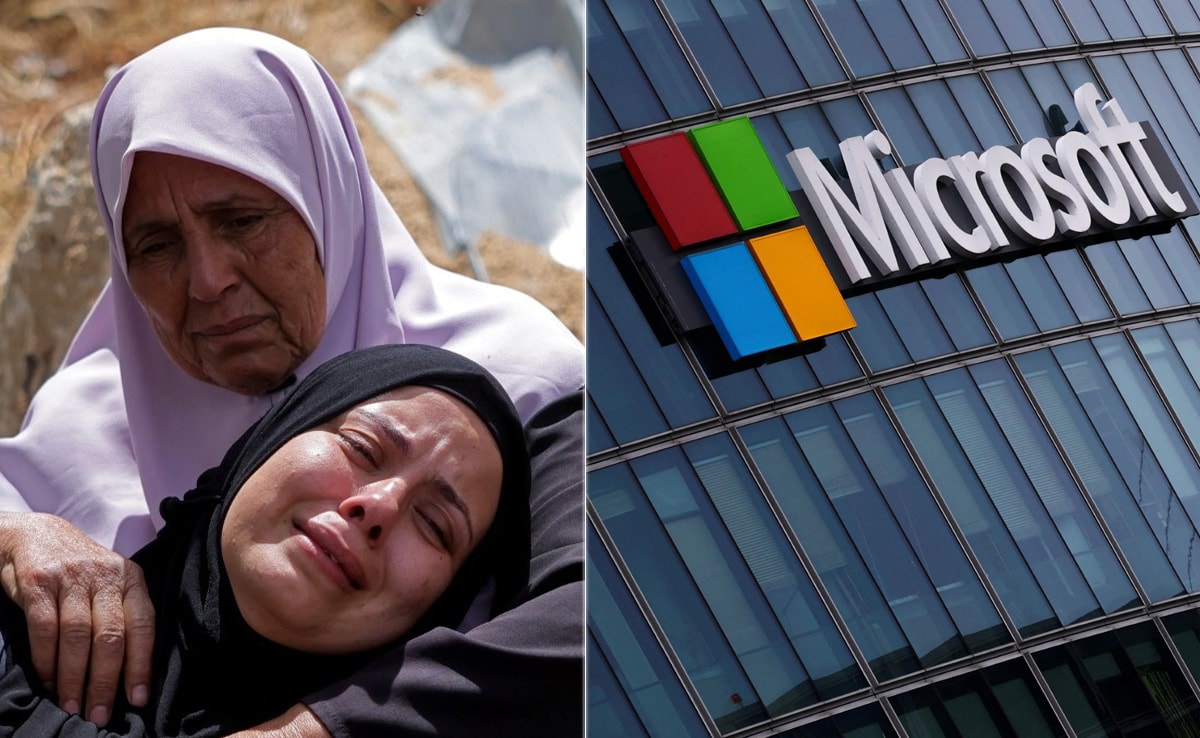
In recent years, rapid developments in futuristic health science and technology have begun to transform the landscape of modern medicine. From artificial intelligence-assisted diagnostics to advanced wearable monitors and personalized gene therapy, these innovations are not only improving patient outcomes but also reshaping how healthcare is delivered globally.
One of the leading trends in futuristic healthcare is the integration of artificial intelligence (AI) in diagnostic processes. AI-powered tools are now being deployed to detect a variety of diseases, including cancers and neurological disorders, with accuracy rates rivaling or even surpassing those of trained medical professionals. These tools analyze vast datasets from medical imaging, electronic health records, and genomics to provide faster and more precise diagnoses, helping clinicians make better-informed decisions.
Wearable health technology is another frontier rapidly gaining traction. Devices that monitor vital signs in real time—such as heart rate, blood oxygen levels, and even blood glucose—are enabling proactive management of chronic illnesses and reducing the need for frequent hospital visits. Coupled with mobile apps and cloud computing, this technology offers continuous health monitoring and empowers individuals to take greater control of their well-being.
Gene-editing tools like CRISPR are also at the forefront of futuristic health science. With its potential to correct genetic defects and treat inherited diseases at the DNA level, CRISPR is being researched as a revolutionary technique for conditions such as sickle cell anemia, muscular dystrophy, and certain cancers. Early clinical trials have shown promising results, though the technology still faces ethical and regulatory hurdles before widespread adoption.
Furthermore, nanotechnology is opening new avenues for targeted drug delivery and tissue repair. Tiny, engineered particles can deliver medications directly to affected cells, thereby increasing efficacy and reducing side effects. This precision approach is particularly valuable in oncology, where traditional treatments often impact healthy cells along with cancerous ones.
Telemedicine, accelerated by the COVID-19 pandemic, has evolved into a mainstream healthcare delivery model. Virtual consultations, remote diagnostics, and digital health assessments are making medical services more accessible, especially in underserved or rural regions. Combined with AI-based triage systems and chatbots, telemedicine is poised to remain a vital component of futuristic healthcare infrastructure.
As these technologies continue to evolve, their integration raises questions about privacy, data security, and equitable access. Ensuring that these innovations benefit all populations will require thoughtful regulation, ethical oversight, and investment in digital infrastructure.
Overall, the future of health science and technology holds immense promise. As research and innovation accelerate, the possibilities for improving human health and extending lifespans become increasingly tangible, marking a transformative era in how societies approach medicine and well-being.
Source: https:// – Courtesy of the original publisher.








